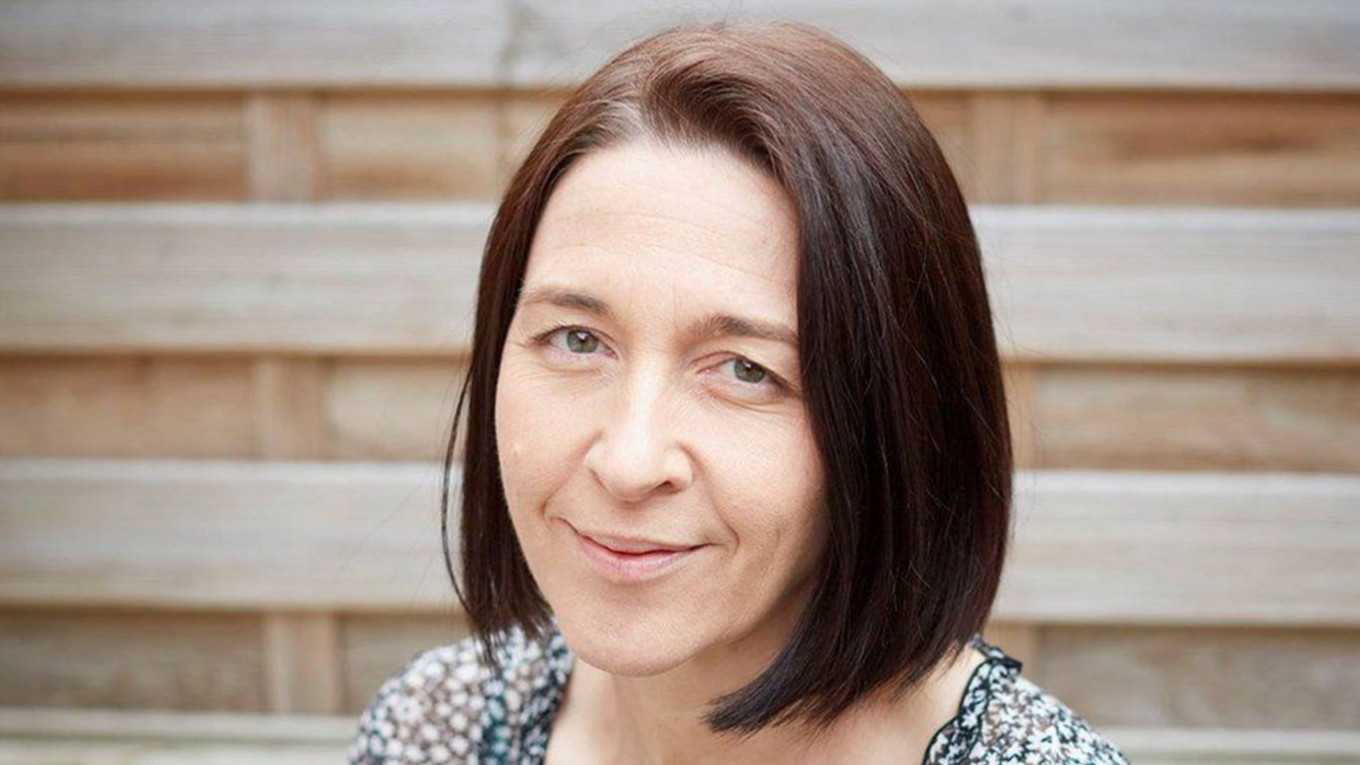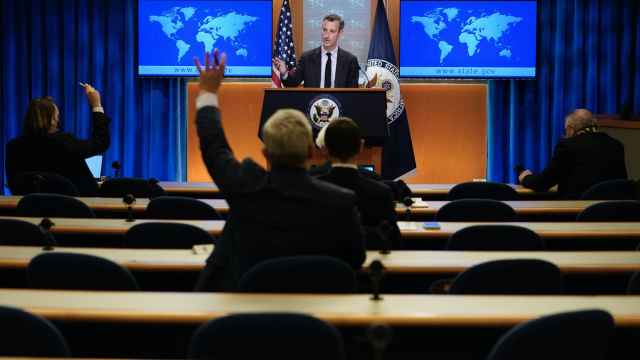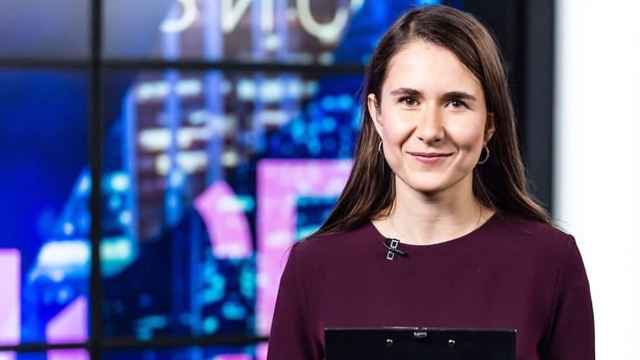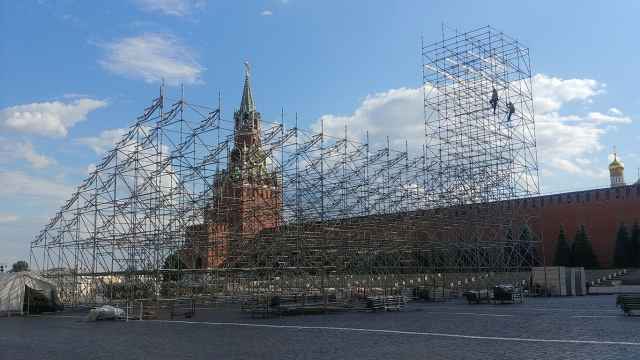Russia on Saturday said the expulsion of BBC reporter Sarah Rainsford was "retaliation" for London denying accreditation to an unnamed Russian reporter and had nothing to do with Moscow's alleged bid to muzzle the media.
Foreign ministry spokeswoman Maria Zakharova said "the saga goes back" to summer 2019, when a Russian reporter had to leave the U.K. for visa reasons "without explanation."
Zakharova added: "I will say this again: the Russian move is exclusively retaliation. It has nothing to with freedom of speech."
In a statement on Facebook, Zakharova accused the U.K. of "turning the affair on its head" and the BBC of peddling propaganda.
The BBC accused Russia of a "direct assault on media freedom" by expelling its journalist.
Rainsford said earlier on Saturday that she was told by Russian authorities she "can't ever come back to Russia."
Zakharova said this was untrue and that Rainsford will be given a visa after the Russian reporter is allowed back into the U.K. She did not name the Russian reporter or the media organisation behind the journalist.
Rainsford, one of the BBC's long-serving Moscow correspondents, was told she would have to leave the country when her current visa expires in August.
The move comes at a time of simmering tensions between Russia and the West and a crackdown on independent media.
"This is not a failure to renew my visa, although technically that's kind of what it is. I'm being expelled," Rainsford told BBC Radio 4 Saturday.
Two days before the expulsion was announced, Rainsford asked Putin ally Alexander Lukashenko — Belarus's strongman leader — about a violent crackdown on protesters in Minsk.
Lukashenko then accused her of being backed by the United States in an unprecedented speech against the BBC.
A Message from The Moscow Times:
Dear readers,
We are facing unprecedented challenges. Russia's Prosecutor General's Office has designated The Moscow Times as an "undesirable" organization, criminalizing our work and putting our staff at risk of prosecution. This follows our earlier unjust labeling as a "foreign agent."
These actions are direct attempts to silence independent journalism in Russia. The authorities claim our work "discredits the decisions of the Russian leadership." We see things differently: we strive to provide accurate, unbiased reporting on Russia.
We, the journalists of The Moscow Times, refuse to be silenced. But to continue our work, we need your help.
Your support, no matter how small, makes a world of difference. If you can, please support us monthly starting from just $2. It's quick to set up, and every contribution makes a significant impact.
By supporting The Moscow Times, you're defending open, independent journalism in the face of repression. Thank you for standing with us.
Remind me later.






